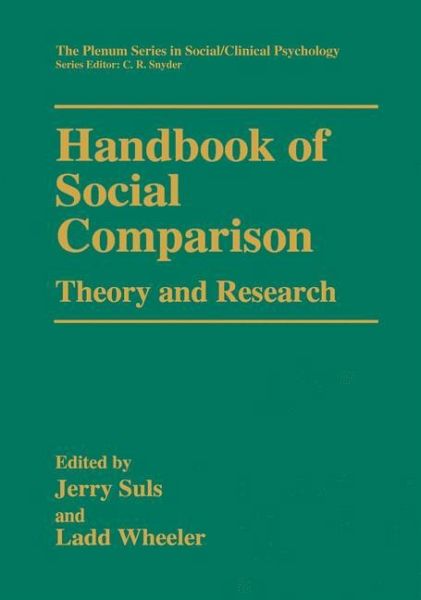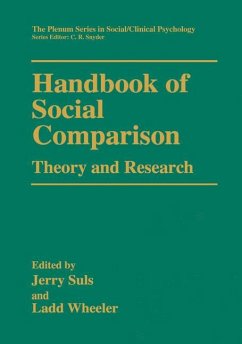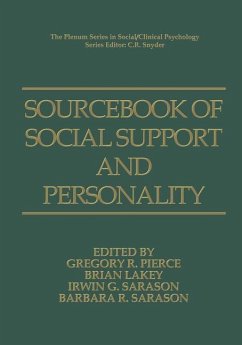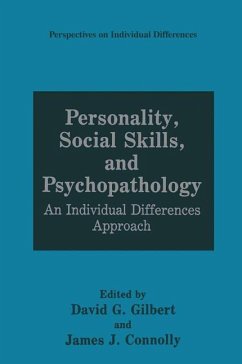
Handbook of Social Comparison
Theory and Research
Herausgegeben: Suls, Jerry; Wheeler, Ladd

PAYBACK Punkte
83 °P sammeln!
Comparison of objects, events, and situations is integral to judgment; comparisons of the self with other people comprise one of the building blocks of human conduct and experience. After four decades of research, the topic of social comparison is more popular than ever. In this timely handbook a distinguished roster of researchers and theoreticians describe where the field has been since its development in the early 1950s and where it is likely to go next.












